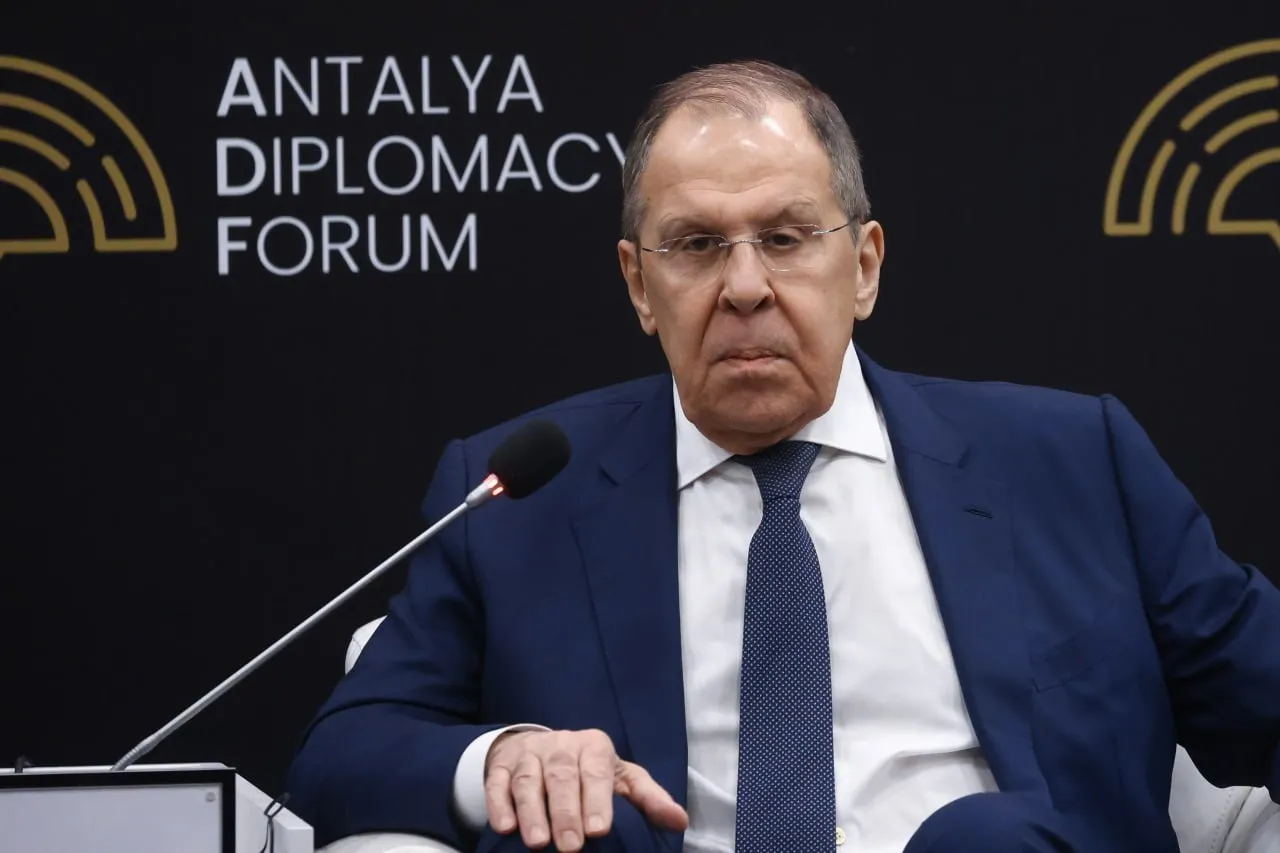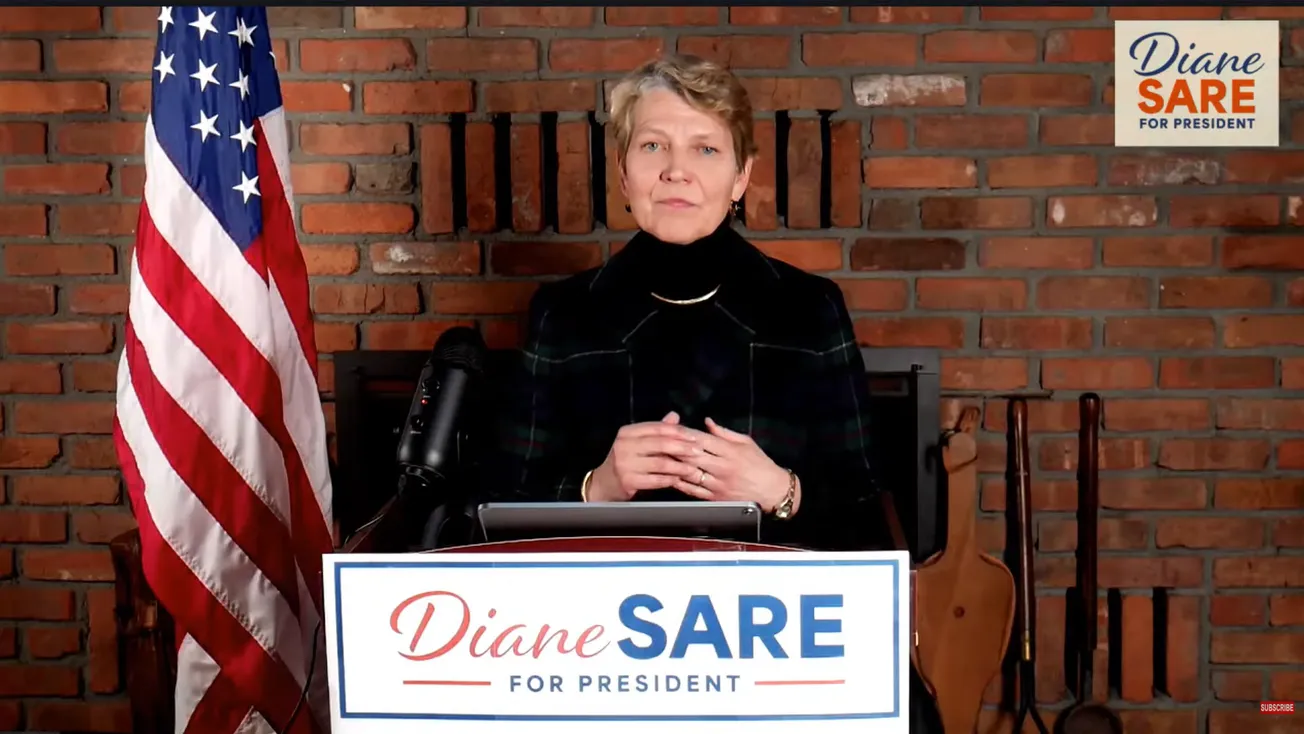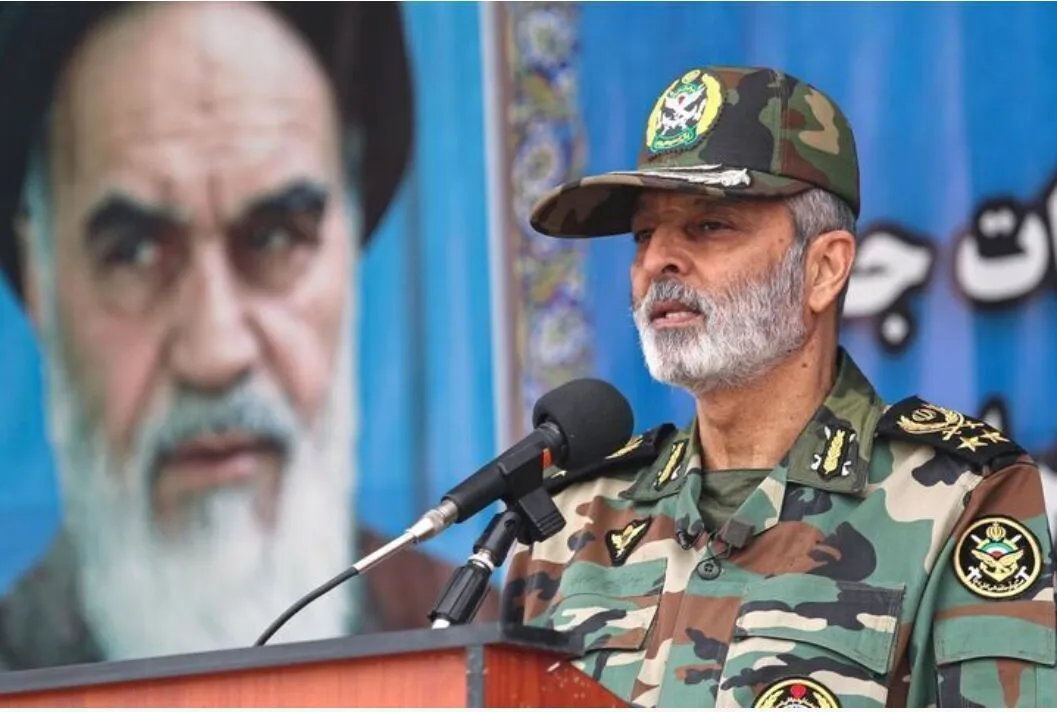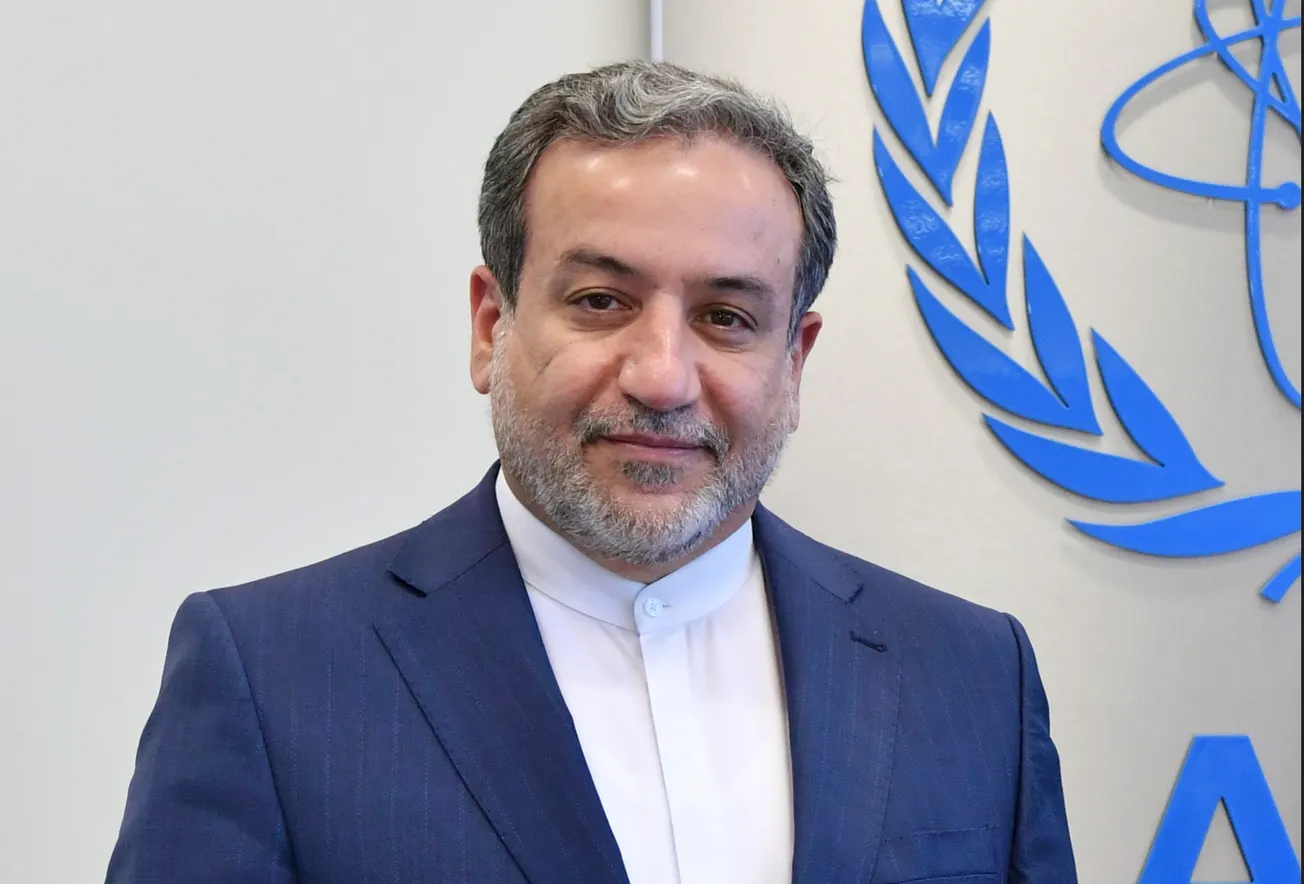In his very lengthy dialogue with media during the April 12 Antalya Diplomacy Forum in Türkiye, Russian Foreign Minister Sergey Lavrov had a lot to say about geopolitical machinations of various Western leaders and institutions—NATO—directed against Russia and the idea of multipolarity. He points particularly to Euro-Atlantic policies, including “the provision of its territory for NATO plans to move eastward, southward, I don’t know where.” But this “Euro-Atlantic creature,” as he calls it, has failed—failed to consolidate security and stability, but succeeded in “igniting tension and remilitarizing Europe, including Germany,” despite the collapse of its economic and social situation. In fact, he warns, all the efforts of this Euro-Atlantic community “are concentrated on getting ready for a new war.” Germany, together with France and Britain “are in the lead of this.”
A different conception Lavrov discusses is the promising process of a “Greater European Partnership” which he describes as the “potential material foundation for the future security system” open to all countries and organizations representing the Eurasian continent. Lavrov describes the process that has been going on for some years of “building bridges” between many different organizations: the Shanghai Cooperation Organization (SCO) and the Eurasian Economic Union; the Eurasian Economic Union and ASEAN; SCO and ASEAN. Planning contacts among these groups has continued, including the Gulf Cooperation Council, which is both a security and an economic organization.






